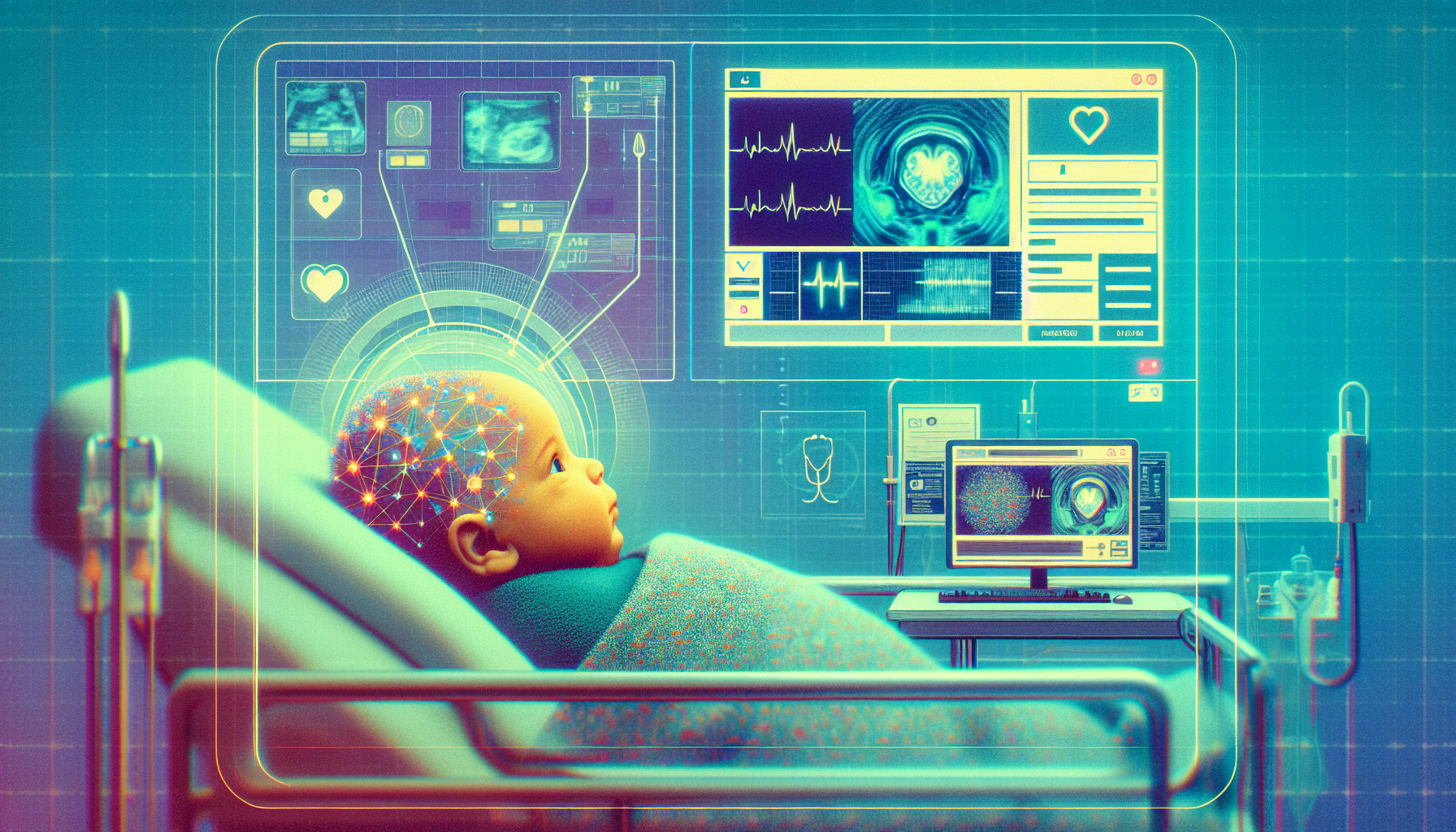A new study from Mount Sinai has revealed a remarkable advance in caring for newborns in intensive care. Using deep learning, researchers have created an AI system that can spot signs of serious neurological problems in NICU babies just by analyzing video footage. This non-invasive method could change how over 300,000 babies are monitored every year in the U.S. alone, offering real-time insights without the need for wires or invasive procedures.
Understanding the Technology
The heart of this innovation lies in a pose-recognition algorithm. This AI carefully studies the way infants move in their incubators, using video from simple room cameras. It tracks limb movements, watches for symmetry, and notes how alert or responsive each baby seems. These details can reveal important information about a baby’s neurological health, far more often than traditional checks by nurses or doctors.
Unlike physical exams, which are typically done a few times a day, or EEGs, which require delicate equipment on the baby’s skin, the AI is always watching and assessing. This continuous observation can catch sudden or subtle changes that might otherwise go unnoticed.
Why It Matters for Babies’ Health
Neurological issues in newborns, such as seizures or injuries from lack of oxygen, often develop quickly and can be difficult to catch in time. Manual exams may miss early warning signs. With AI monitoring, shifts in movements or alertness can be identified right away, allowing doctors to act faster and perhaps prevent lasting damage.
The research, published in eClinicalMedicine, suggests that the technology could serve as a new standard for hospitals everywhere, especially those lacking specialized equipment or staff. Its simplicity and reliance on video mean more babies can benefit from careful neuro-monitoring, no matter where they are born.
How AI Outperforms Traditional Approaches
- Non-invasive: No need for sticky electrodes or frequent touching, making the process gentle and stress-free for fragile infants.
- Continuous observation: The AI never tires or takes breaks, picking up small changes between routine checks.
- Early warning: The technology detects minor shifts in movement or patterns before obvious symptoms appear, giving doctors and families precious time to respond.
Transforming the NICU—And Beyond
Researchers are hopeful about what lies ahead. While more studies and real-world experience are needed, the system could one day become a worldwide standard—not just for newborns, but possibly for children and adults in intensive care as well.
Felix Richter, MD, PhD, who led the study, believes that this method could be added to existing NICU cameras with modest effort and expense. With AI working quietly in the background, hospitals might soon provide every vulnerable patient with round-the-clock neurological care, even if there aren’t enough specialists on staff.
This marks an important step toward a future where medicine is more precise, personal, and proactive. For the tiniest and most fragile patients, the promise of AI-powered monitoring offers new hope—bridging the gap between human care and data-driven vigilance, and giving babies their best chance to grow strong and healthy.

Leave a Reply